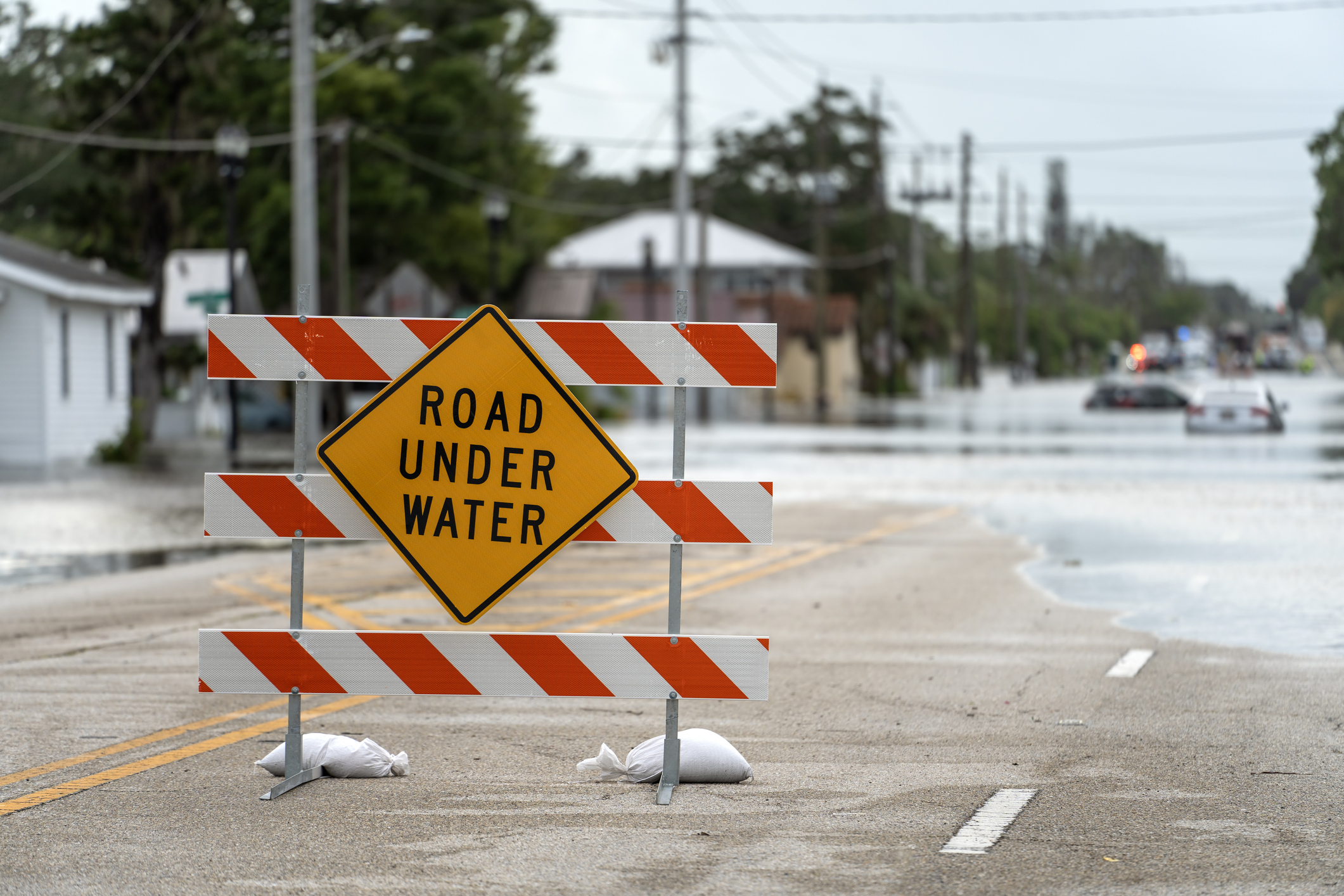Last weekend was the so-called “Science March,” and there has been a great deal of debate about what, if anything, it may have achieved. Climate scientist Cliff Mass at the University of Washington has a nice blog on why he opposed the march. Some of the reports from the March were hopeful. Some were outright bizarre.
The political fight about science, however, will continue. Politicians and activists will continue to claim “the science says…” in support of their particular political viewpoint. Rather than honoring science as an open-minded method for gaining knowledge about the physical world, this approach destroys it – making it both less valuable to policymakers and undermining the perception of science as objective and fact-based.
When politicians claim “the science says” something, they are ignoring several limits to how the scientific method should be understood and used.
There is no “The” science
Let’s say we want to know what “the science says” about creating habitat for salmon in streams. Previously, scientists thought removing fallen trees from streams helped salmon. Today, we believe the opposite, that allowing trees to fall in streams creates better habitat. There is always uncertainty in science, and within a few years we can entirely reverse what “The” science is, as we did with wood in streams.
Changes in science can be even more dramatic. Thomas Kuhn, the great philosopher of science, notes that scientific change can come in revolutions, where entire scientific paradigms are overturned and replaced with a new understanding of a field that is significantly different than what came before.
People who argue about “The” science ignore these dramatic changes, both in science that is particular to an issue and in broader scientific paradigms. Isaac Newton understood the limits of knowledge, commenting that, “If I have seen further, it is by standing on the shoulders of giants.” The great physicist Niehls Bohr was explicit about the nature of uncertainty in science, saying, “prediction is very difficult, especially about the future.”
Great scientists understand the uncertainty in science. Politicians and activists, on the other hand, ignore it, because uncertainty is a barrier to the aggressive political action they want.
Science doesn’t say how to address risk
Let’s say we want to know what “The Science says” about reducing the impact of water runoff from pavement to protect salmon and steelhead. Scientists understand that paving the area around streams is bad because brake dust, oil, and other pollutants will be carried directly into streams where it can harm salmon. A natural stream bank filters this runoff, prevents erosion and keeps streams cool.
Clearly, some would argue, “Science says” government should regulate all land along streams. Wrong. Even when science is clear about potential impacts, it does not identify potential tradeoffs. It may be that the economic value of paving an area is simply worth the risk. Even Seattle isn’t digging up roads along its urban Ship Canal to help salmon.
Additionally, even if we decide to protect stream banks, it doesn’t mean government must simply regulate or take land away from private owners. If there are societal benefits, then society should also bear the cost of those benefits. These are not questions of science, but of political values and economics. For those who doubt this is a question of economics, ask yourself why rich countries have cleaner air than poor countries – while many would like clean air, food and housing present a more immediate concern.
Science doesn’t determine our priorities
Let’s say we want to know what “The Science says” about forest management. Ask a bird biologist and she will probably tell you we need to identify bird habitat, protect that, and put a buffer around the habitat. Ask a forester and he will tell you that forest ecosystems should be managed to mimic forest fires, to create a diversity of habitat types for all types of wildlife.
So, which is “The” science? They both are.
Scientists don’t set the goals, but they can tell you how to achieve policy goals and the range of risks of those policy options. If policymakers want healthy forests for all types of wildlife, they will follow the forestry science. If they are worried about a particular bird or other threatened animal, they may follow the biologist’s advice. The policy sets the goal. The science offers a roadmap to the solution. Even then, as we’ve seen with the Spotted Owl, scientists can get the solution wrong.
Many arguments about what “The” science says are little more than an effort to hide an underlying political bias behind a scientific veneer.
Science is extremely valuable to making good decisions and understanding the tradeoffs of various policies. Those who claim to be following “The Science,” however, should take the time to actually know what that means. Based on their statements during the past few weeks, I don’t believe those who created the Science March or supporters like Bill Nye “The Science” guy have taken the time to understand that.



